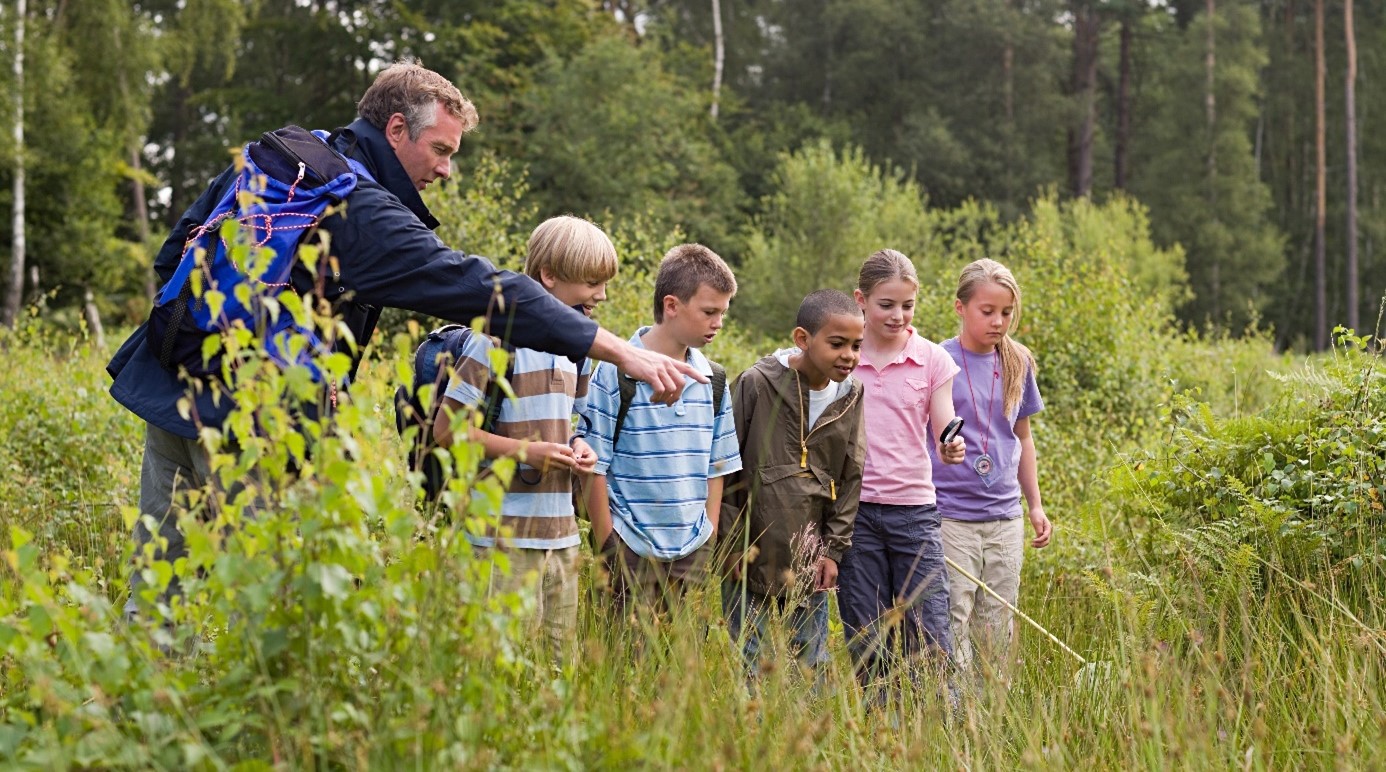Regional calls for projects: 8 associations supported across two SG retail banking territories
In September 2024, the Société Générale Corporate Foundation and two regions, SG Crédit du Nord and SG Grand Est, launched a call for projects aimed at identifying solidarity initiatives that promote education and professional integration while having a positive impact on the environment.

Out of 154 applications received for the two regions, the juries—composed of internal members and qualified external experts—deliberated to select four winners per region, allocating a grant of €30,000 for each project. These juries provided diverse perspectives on the projects and challenged them through the lens of regional realities. The selected projects were then presented to the Board of Directors of the Société Générale Corporate Foundation at the end of 2024.
We worked hand in hand with SG teams and local experts to select projects at the intersection of two of our key areas of commitment—education and the environment—that engage employees and create a positive impact across the SG Grand Est and SG Crédit du Nord regions. A new way for the Foundation to strengthen its regional presence.
Albane Rouvillois, Executive Director of the Société Générale Corporate Foundation
Meet the 2024 award-winning associations
For SG CREDIT DU NORD :
Le Panier de la Mer – Boulogne-sur-Mer (62)
Since 2002, Le Panier de la Mer 62 has been collecting unsold fish along the northern French coastline and processing them in an Integration Workshop that welcomes 18 people facing barriers to employment (long-term unemployed, RSA beneficiaries, young people without qualifications, and workers with disabilities).
In 2023, 142 tons of products were saved from destruction (35 tons from fish auctions and 108 tons from local partner companies). After processing (cutting and freezing), 116 tons of food—around 580,000 portions—were redistributed to food aid networks such as Restos du Cœur, Food Banks, Red Cross, Secours Populaire, and solidarity grocery stores in over 85 departments.
Chênelet – Landrethun-le-Nord (62)
Founded about 30 years ago and based in rural areas, Chênelet is an economic integration structure that supports vulnerable individuals through professional pathways in sectors such as food processing, construction, industry, and hospitality.
The supported project aims to modernize the production process of the association’s cannery, notably by acquiring equipment that is more environmentally friendly and consumes less water and energy.
Les Anges Gardins – Avion (62)
Les Anges Gardins addresses essential needs related to food, environment, and empowerment, fighting inequalities in these areas. By choosing food as a driver of ecological and social transition, the association helps people in difficulty regain a place in the workforce.
Operating in the mining basin for several years, it cultivates abandoned land and wastelands—often in the heart of neighborhoods—to produce organic fruits and vegetables. It also encourages residents to plant at the foot of buildings and participate in cooperative planting projects and cooking workshops.
The harvests are then used to offer solidarity baskets to beneficiaries, giving them access to fresh products at affordable prices.
Le Gap – La Bouée des Jeunes with its “Bike Clinic” Integration Workshop – Pecquencourt (59)
Before becoming an Integration Workshop, the Bike Clinic served as an educational tool for specialized prevention in the area. Since April 2022, it has been officially recognized as an Integration Workshop.
The project aims to support employees in social and professional pathways while giving bikes a second life—collecting, repairing, and recycling them—offering affordable prices and services to all, especially low-income individuals and RSA beneficiaries.
For SG GRAND EST :
EPICES – Mulhouse (68)
Founded in 2009, EPICES aims to foster intergenerational exchanges, promote social justice, rethink integration from a new perspective, preserve local heritage, and encourage sharing around cooking. Through cooking workshops, culinary services, and vegetable garden projects, the association promotes education on taste and health, advocates for environmentally friendly food models, and supports social and professional integration, training, and parenting.
La Benne Idée – Jarville-La-Malgrange (54)
Created in 2019, La Benne Idée manages a recycling center focused on waste recovery and innovative waste management through collection, sorting, repair, repurposing, and artisanal or artistic transformation. Its activities include selling, bartering, and donating items, as well as awareness and environmental education initiatives to reduce waste. The association strengthens social ties, connects recycling stakeholders, local professionals, and the public, and creates jobs through an integration workshop supported by the Société Générale Corporate Foundation and SG Grand Est.
La CyberGrange – Strasbourg (67)
Based in Strasbourg, La CyberGrange manages spaces such as Le Pixel, Le Shadok, and Le Repaire, developing digital and technical mediation projects to promote education, integration, and daily life. Among its initiatives, the award-winning project “MedNumEnviroDéScol” combines digital mediation and environmental awareness to prevent school dropout. It engages around 800 young people in activities such as designing and deploying water analysis stations in Strasbourg and Haguenau, while strengthening their technical and scientific skills to facilitate professional integration.
PIX’IN – Poix-Terron (08) and its third place “La Locomotive”
PIX’IN runs a prefiguration third place called La Locomotive in Poix-Terron, Ardennes. Specializing in digital inclusion, DIY, and academic support, the space hosts numerous activities for all ages throughout the year.
La Locomotive will be located on a former SNCF brownfield undergoing eco-renovation and is set to open in 2026. It will feature a fabrication workshop, local food services, learning and coworking spaces, a pedagogical greenhouse, and a large hall for training, cultural events, and a Micro-Folie. Additional facilities will include vegetable gardens, a bike repair workshop, and a resource center, serving as tools to educate younger generations about seasonality, organic farming, and circular economy.
